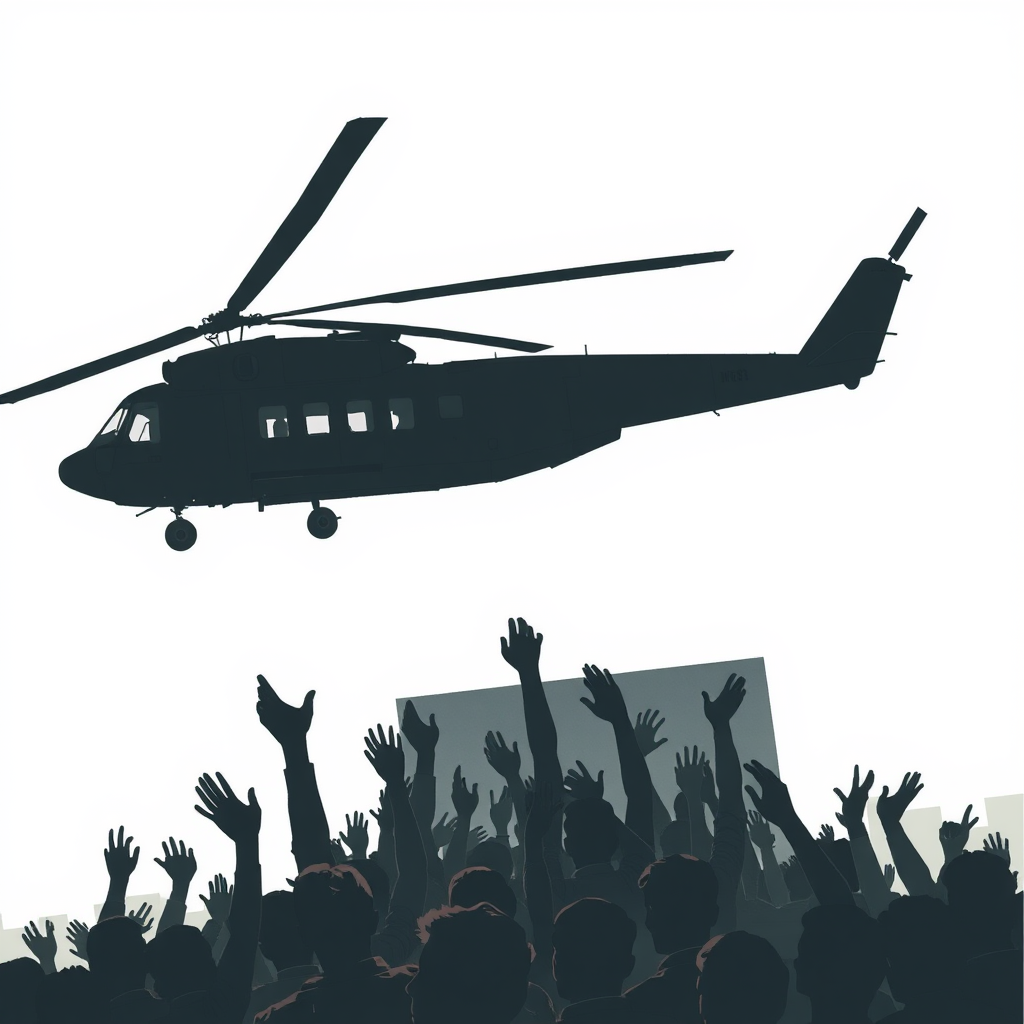Vietnam's Fall: Untold Stories From Those Who Witnessed It

Fifty years have passed since the fall of Saigon on April 30, 1975, marking the end of a deeply divisive and ultimately unsuccessful chapter in American history – the Vietnam War. While U.S. combat troops had withdrawn two years prior, the capture of South Vietnam’s capital signaled the collapse of the U.S.-backed government and triggered a frantic evacuation. That operation, the largest helicopter lift in history, remains etched in memory through iconic images of desperate South Vietnamese citizens and American personnel being airlifted from the roof of the U.S. Embassy.
The war’s conclusion didn’t bring closure, but rather ignited decades of debate regarding the appropriate application and limitations of American power abroad. The conflict continues to serve as a critical case study for policymakers and military leaders, each drawing distinct lessons from its complexities.
The Cipher Brief recently sought reflections from former U.S. officials and individuals connected to our network who were directly involved in the Vietnam War. Their perspectives, gathered a half-century after the fall of Saigon, offer valuable insight into the enduring legacy of the conflict. It’s clear, even now, that Vietnam wasn’t simply a military failure; it was a failure of understanding – a miscalculation of both the geopolitical landscape and the deeply rooted nationalistic aspirations of the Vietnamese people. The war’s impact extends far beyond the battlefield, shaping American foreign policy and public discourse for generations. The lessons of Vietnam – the importance of clear objectives, the dangers of escalation, and the necessity of understanding local contexts – remain profoundly relevant in today’s complex global environment. Ignoring these lessons risks repeating the mistakes of the past.